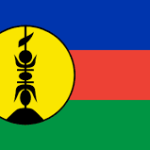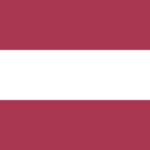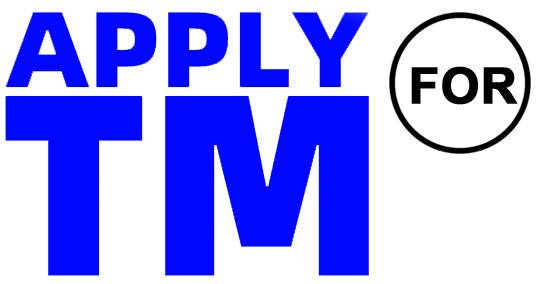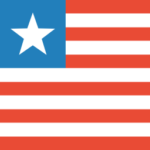Fees for registering Liberia trademarks
Service Process
Trademark registration time
Liberia is located in West Africa, bordering the Atlantic Ocean to the southwest. The current trademark regulations are mainly based on the Intellectual Property Law promulgated and implemented on July 22, 2016. The Liberian Intellectual Property Office is responsible for managing trademark affairs, and the official language is English. Trademark exclusive rights need to be obtained through registration. The trademark registration in Liberia adopts the principle of "application first", but in some cases, trademark rights can also be claimed based on "prior use".
Liberia is a party to international intellectual property treaties such as the Paris Convention, WIPO Convention, and the Bangui Agreement, and is a member of the Madrid Agreement and Madrid Protocol. Therefore, trademark protection can be handled through both "single country registration" and "Madrid International Registration"; At the same time, the country is also a contracting party to the African Regional Industrial Property Organization.
Trademark Registration Process
At present, the Liberian authorities adopt the Nice classification of goods and services descriptions and accept applications for multiple categories in one form. The elements that can be registered as trademarks in Liberia include: text, name, graphics, numbers, color combinations, packaging, etc.
If the applicant does not reside in Liberia, they must entrust a specialized agent in their home country to handle the matter. The basic materials required for trademark application are:
1. Trademark design;
2. Specific product items;
3. Name and address of the applicant;
4. The power of attorney needs to be notarized and authenticated;
5.If priority is declared, proof of priority and a notarized English translation must be provided.
The main process for applying for registration of a trademark in Liberia is: application, acceptance, examination, announcement, approval, and issuance of a certificate. After the application is submitted, the official first conducts a formal review, mainly examining whether the application materials and classification information comply with the regulations. Generally, it takes about one month to complete the acceptance. After acceptance, substantive examination of the trademark will be conducted, including examination of the distinctiveness of the trademark, whether it violates the prohibition and prohibition clauses, and whether it conflicts with the prior trademark. If the examination is passed, it will be announced; If the review fails, a rejection notice will be issued and the applicant will be required to respond within the time limit specified in the rejection notice. After the announcement (Article 10.6 of the Intellectual Property Law requires announcement, but there is no clear time limit for objections), any interested party may raise objections, and the main reasons for raising objections are:
1. Conflict with prior trademarks, such as owning a prior registered trademark;
2. The trademark lacks distinctiveness;
3. The trademark has adverse effects;
4. Malicious registration;
5. Conflict with other prior rights, such as trade name rights, design rights, copyrights, personal names, etc.
If there are no objections or objections are not valid during the announcement period, registration can be approved and a registration certificate can be issued after the objection period ends. In a smooth situation, trademark registration in Liberia takes about one year; If things don't go smoothly and there are objections or rejections along the way, the time will be greatly extended.
Trademark registration materials
According to Article 10.9 of the Intellectual Property Law of Liberia, a trademark is valid for 10 years after registration, starting from the date of registration; Renewal can be processed within 6 months before the expiration date, with a grace period of 6 months; The renewal is valid for 10 years.
Start Your Trademark Business
Start Registration

do not understand? Contact us

do not understand? Contact us

do not understand? Contact us

do not understand? Contact us


 Liberia
Liberia